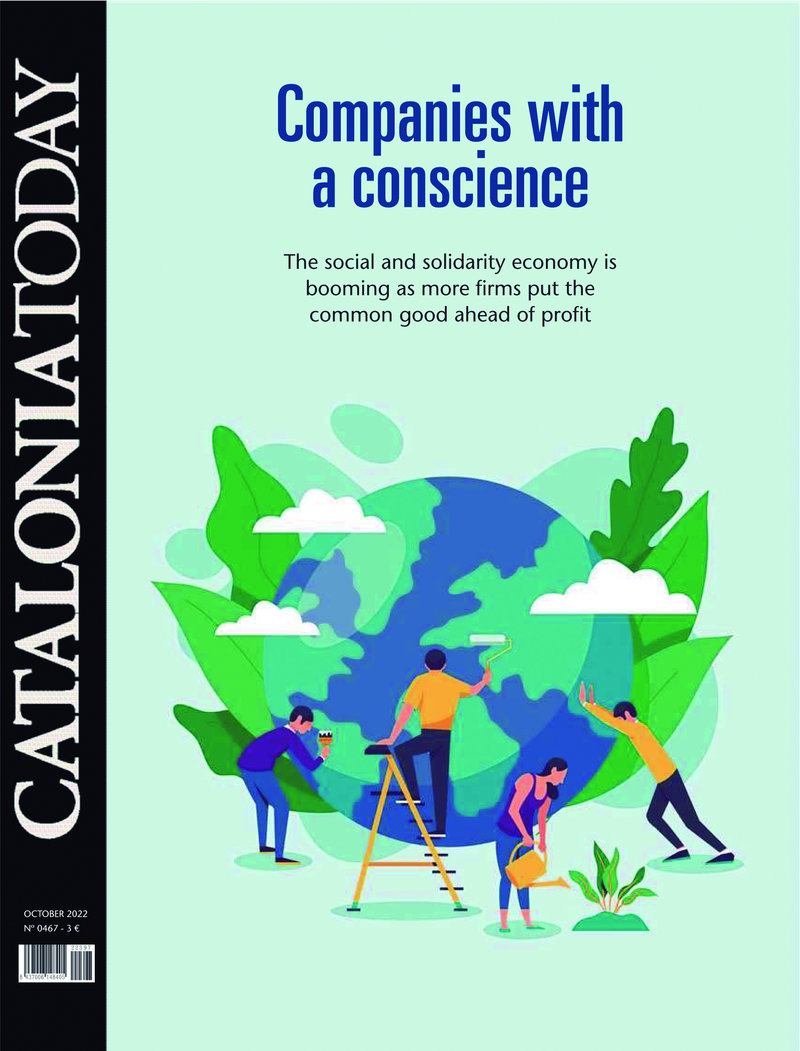from the editor
A new paradigm for business
Social enterprises have entered a new era. From those first projects, voluntary but with a discreet impact at the social and economic levels, they have become a strong sector, highly competitive and with a great capacity for transformation in areas previously dominated by an exclusively market-based logic. It is not only the social soul that counts, but the overall vision of the business project, the way of understanding the benefits, the way in which the company is run and what profile of entrepreneurs and managers it attracts. It is also about the continuous training of employees, their well-being and, above all, it is a message to the market: you can consume differently, you can buy products made using social and environmental sustainability criteria, and you can contribute, through your purchasing power, to transform society. The weight of social enterprises has not stopped growing in the economies of the more socially advanced countries.
Moreover, they are becoming more and more influential in the business sector as a whole, and are contributing to the transition from classic capitalism to an economic model that seeks the fairest distribution of benefits and to guarantee decent, sustainable and inclusive employment. The number of citizens demanding socially responsible products is growing, and distribution companies have detected this demand. That is why we must be aware of a potential danger that previously affected “ecological” companies and products, in which the change consisted in a marketing and packaging operation rather than a true transformation of production/the product.
What is truly transformative is the consumer’s attitude, which must play a much more demanding and documented role, and this is also the big challenge facing social enterprises: in addition to training workers and offering products, they must also train consumers to value and demand authentic products.



